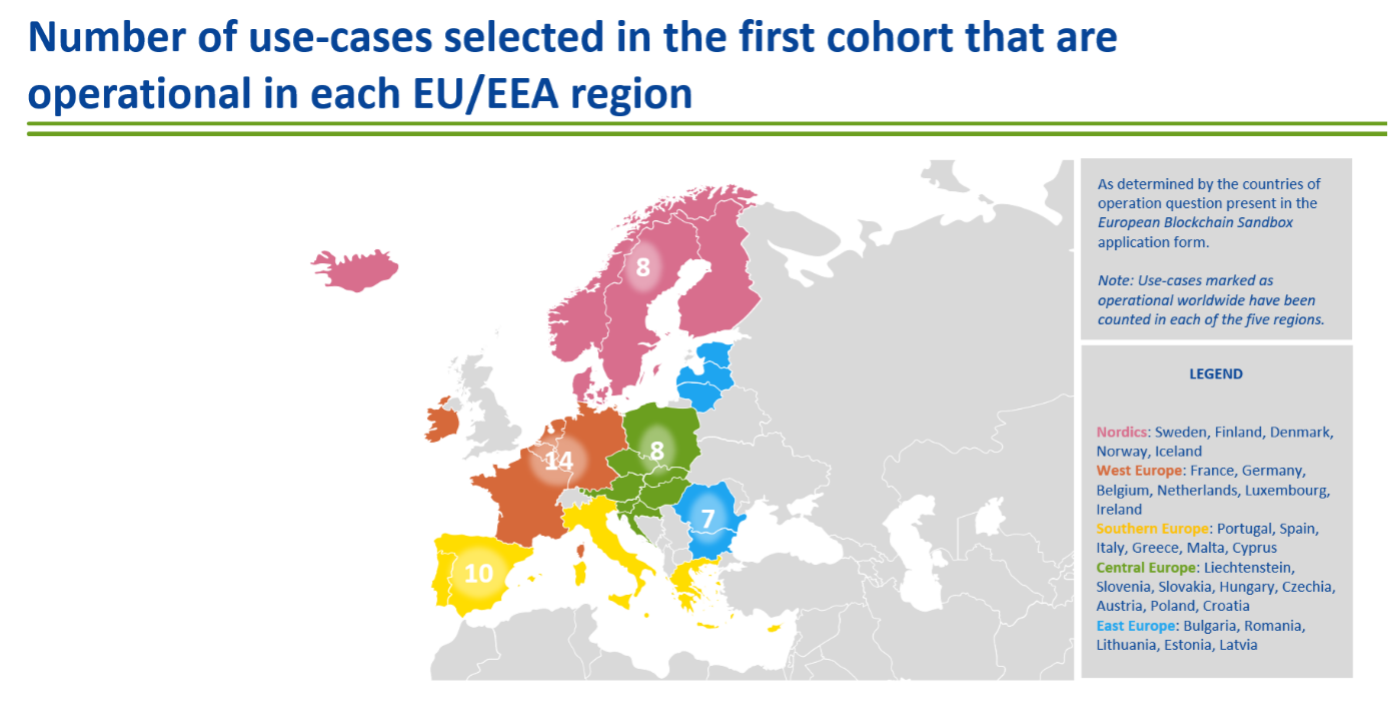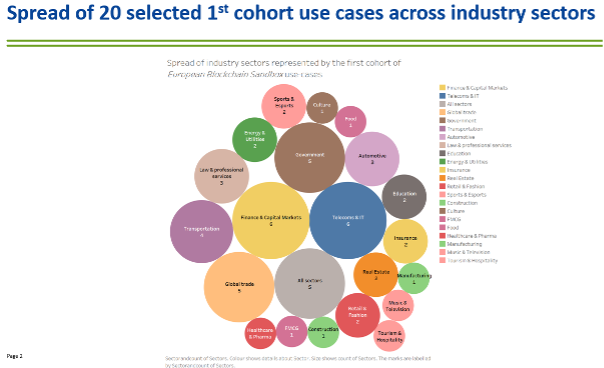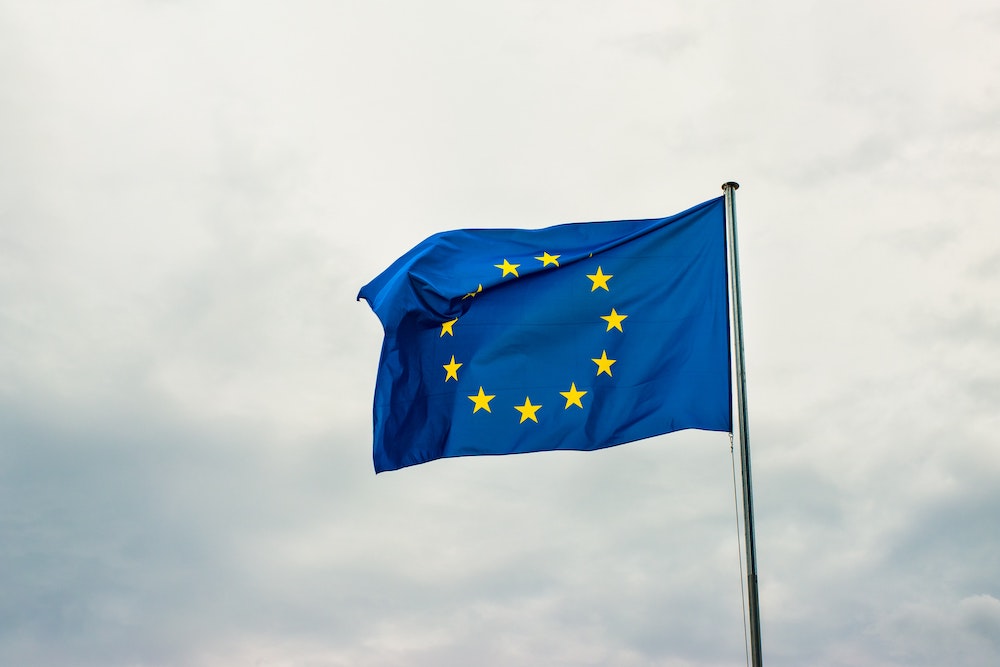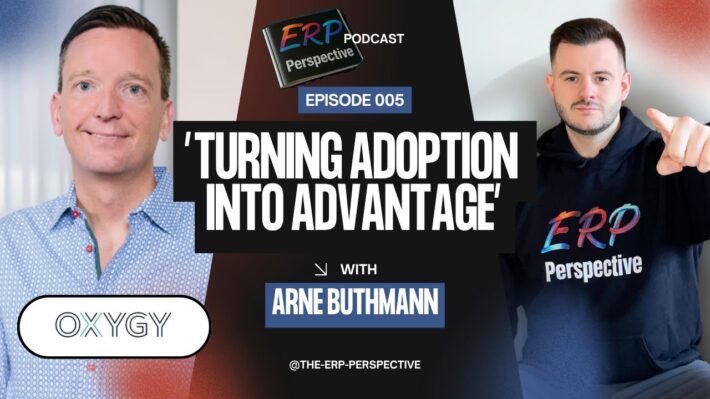Since applications first opened for the first cohort of twenty use cases of the European Blockchain Sandbox, the Project team have observed significant interest from across the blockchain community in Europe and internationally.
By the deadline on 15th April 0:00 almost 90 applications were submitted which confirmed the keen interest by the blockchain ecosystem in the project as a step to build critical bridges between regulators and use-cases owners on a cross-sectoral basis and in a cross border dialogue. Applications were received from throughout the EU/EEA representing a wide range of different blockchain and DLT applications and associated regulatory challenges.
One use case of the European Blockchain Services Infrastructure, approved by the EBP, will participate in the lot for public entities and therefore 19 use cases had to be selected in accordance with a carefully curated selection process which was led by blockchain experts from WBNoDE and overseen by a panel of independent academics consisting of Professor Roman Beck (IT-University, Copenhagen), Professor Soulla Louca (University of Nicosia, Cyprus), and Professor Walter Blocher (Universities of Kassel and Vienna) applying our official Selection Criteria, which are available to view on the website.
Now that the selection phase has been completed, the Sandbox Team are pleased to present the aggregate results of the selection process for the first cohort of the European Blockchain Sandbox. Please be advised that eligible use-cases that have not been selected have the possibility to be wait-listed and are welcome to apply to the second and third cohort, in early 2024 and early 2025 respectively.

A selected use case can be operational in more countries. The selected use-cases are operational in all five EU/EEA regions, as per the objective of cross-geographic representation.

The selected use-cases are found in a variety of industry sectors, including many which are cross-sectoral.
What’s next?
Based on the selection of use cases the most relevant regulatory areas for the dialogues have been identified and the matching with relevant national and EU regulators is ongoing. Following the results of the matching process the selected projects for the first cohort of 20 use cases will be published and the dialogues will start in a safe and confidential environment. At the conclusion of these dialogues, a best practices report for the benefit of the wider Blockchain community will be published.
About the European Blockchain Sandbox
The goal of the European Blockchain Regulatory Sandbox is to facilitate the cross-border dialogue with and between regulators and supervisors on the one hand, and companies or public authorities on the other hand. In these dialogues, use case developers can present their business case to receive legal guidance from regulators. The law firm Bird & Bird acts as a facilitator, sets up a safe interface between developers and regulators and provides legal advice to selected blockchain use cases. Regulatory questions may concern any area of law. The sandbox will allow supervisors to enhance their knowledge of cutting-edge technologies involving DLT. Lessons learned will be shared between participating regulators, helping the European Commission to identify best practices. The European Blockchain Regulatory Sandbox will cooperate with other relevant sandboxing frameworks, in particular the EU Digital Finance Platform and the Artificial Intelligence Sandboxes once established under the AI Act. This collaboration is of pivotal importance given the increasing convergence of innovative technologies in use cases often involving several industry sectors.
The sandbox establishes a pan-European framework for regulatory dialogues to increase legal certainty for innovative blockchain solutions. Funded by the Digital Europe Programme and delivering on the SME strategy, the sandbox will run from 2023 to 2026 and will annually support 20 projects including public sector use cases on the European Blockchain Services Infrastructure. Projects will be chosen through calls for expression of interest. Every year, the most innovative regulator participating in the sandbox will also be awarded a prize. The sandbox will be facilitated by a consortium under the leadership of Bird & Bird and its consulting arm OXYGY supported by blockchain experts of Warren Brandeis (formerly known as WBNoDE) and web-designers of Spindox, which has been procured through an open call for tenders in 2022. The selection process for each cohort is overseen by a panel of independent academic experts.






